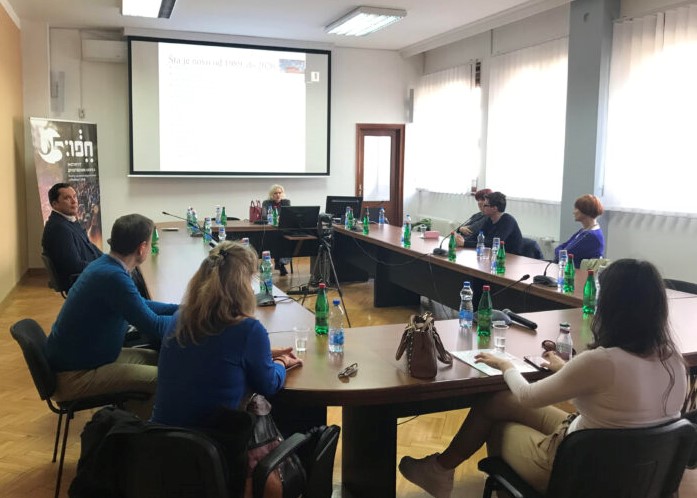The lecture “Economic development of Japan and human resource management: from 1945 to today” by Dr Marijana Maksimović, an employee of the Center for Economic Research, was held on April 20, 2023 at the Institute of Social Sciences in Belgrade.
Japan is one of the most developed economies in the world, and it is characterized by authentic peculiarities based on cultural and traditional values. In the aforementioned presentation, the turning point and important periods for the modernization of the Japanese economy were highlighted, as well as the most important characteristics of labour relations and the “Japanese style of management”.
The restoration of the Japanese economy began in 1868 during the Meiji period and continued after the Second World War. After the defeat and capitulation, the return of sovereignty in the post-occupation period, Japan built its economy and society on the principles of work ethics, reducing inequality and welfare for all. Japanese workers are known to be hardworking, motivated, dedicated and affectionate. Work is not only a means of earning income, but also the meaning of life.
The decision-making process in Japanese companies lasts long, and everyone, both managers and employees, participates in it. Great importance is attached to quality control, embodied in the Kaizen concept, i.e., continuous improvement in the workplace. In addition to education, the most important elements in the selection of job candidates are selection and socialization in the company, and the further advancement of employees depends on on-the-job training and performance monitoring. Cultural and traditional patterns of behavior that have become part of labour relations have not made the economy and companies less economically efficient.

